Foods high in Vitamin C:
Fill your plate with these vitamin C-rich foods, which some research suggests can strengthen your body’s defenses against colds and flu.
If you drink a glass of orange juice whenever you start sniffling, you might be on to something. Though studies show that consuming vitamin C does not prevent colds, it may help to shorten the length of time you’re sick and reduce the severity of your symptoms. The problem is that a medium-sized orange only has 69.7 mg of vitamin C, which is less than many other common fruits and vegetables. Fill up on these 12 superfoods to get the most vitamin C and variety in your diet.
Chili peppers
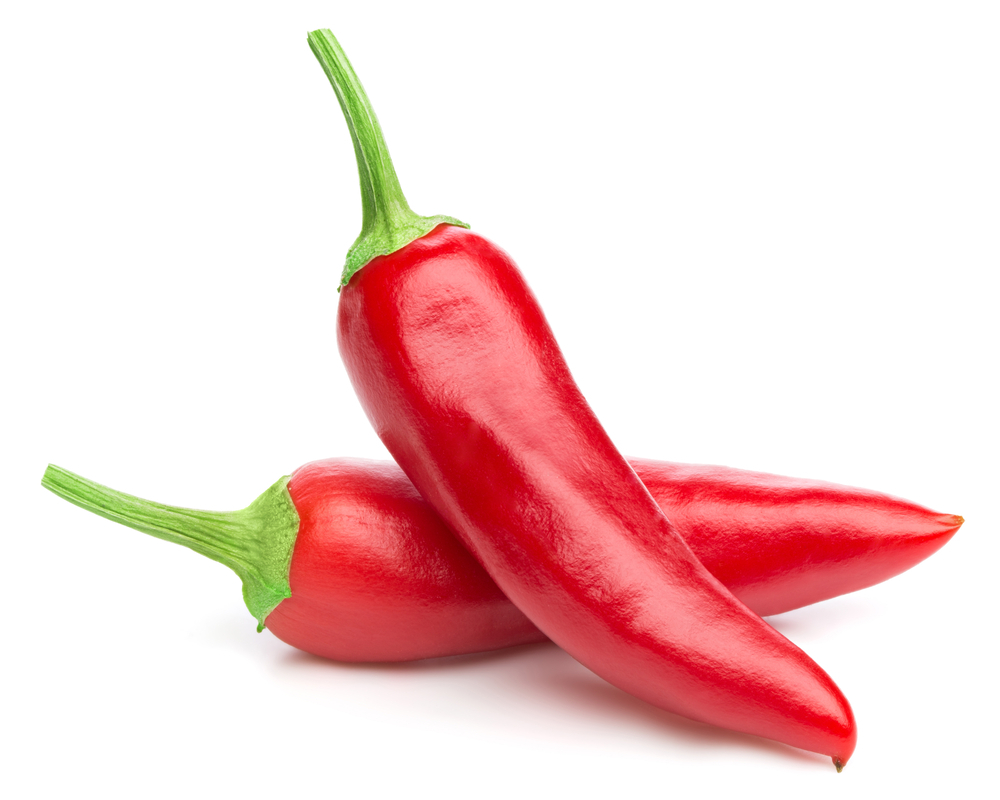
A half-cup of diced or chopped chilli peppers contains 107.8 mg of vitamin C. Furthermore, researchers from the University of Buffalo discovered that capsaicin, the compound that gives chilli peppers their heat, may aid in the relief of joint and muscle pain.
The red bell pepper
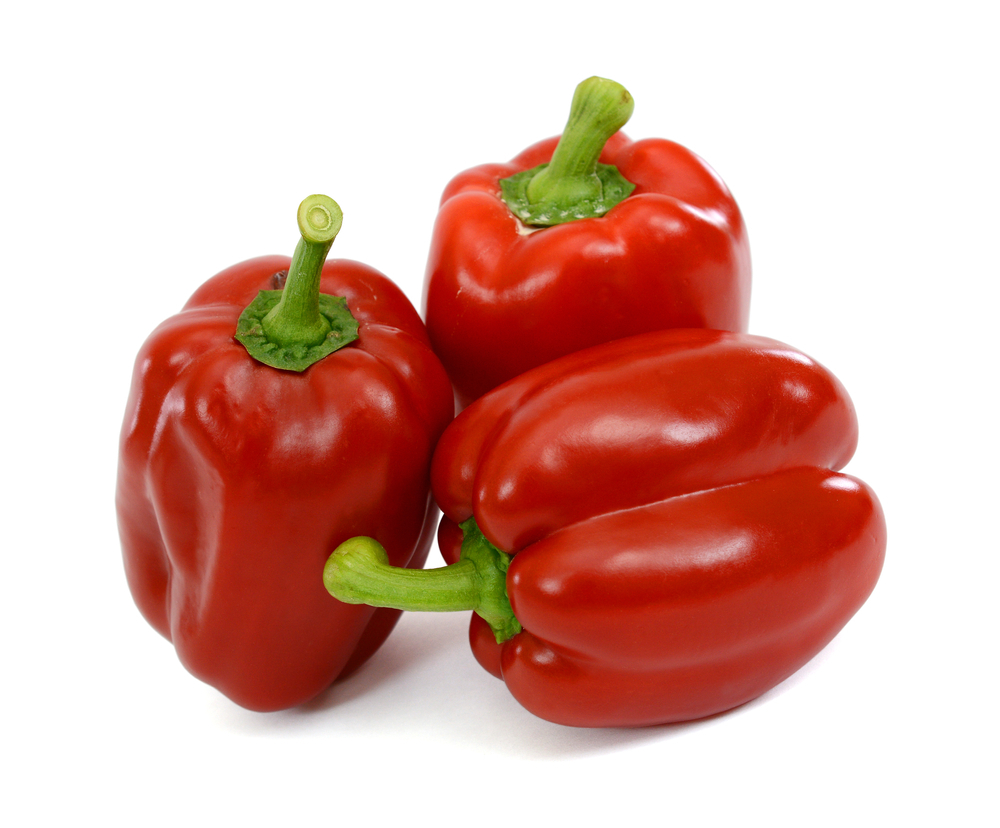
A cup of chopped red bell pepper has nearly three times the vitamin C content of an orange (190 mg). Red peppers are also rich in vitamin A, which is best for your eye’s health.
Green Bell peppers
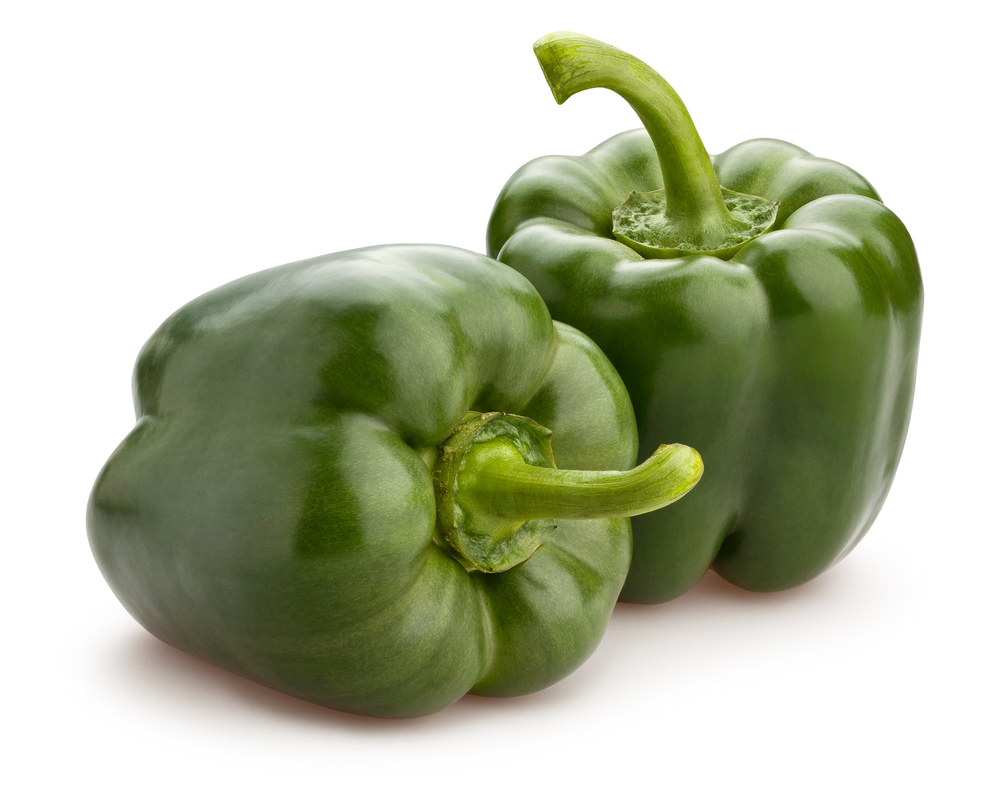
A cup of chopped green bell pepper contains less vitamin C than its sweeter sibling, but at 120 mg, it still provides 200 percent of your RDA. Green bell peppers are also high in fibre.
Kale

A one-cup serving of kale contains 80.4 mg of vitamin C, as well as twice the recommended daily intake of vitamin A and seven times the recommended daily intake of vitamin K. The nutrition powerhouse also provides a significant amount of minerals and fatty acids.
Broccoli

For only 30 calories per serving, this cruciferous veggie provides 132 mg of vitamin C as well as a punch of filling fibre. Broccoli may also have cancer-fighting properties, according to research.
Papaya
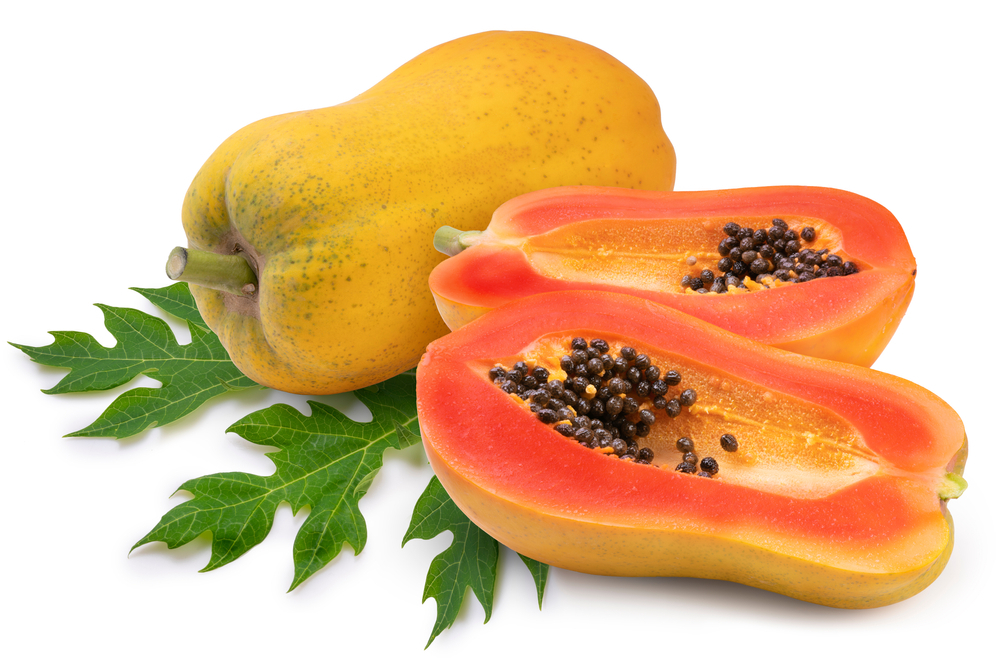
According to research, eating papaya can help you clear your sinuses, brighten your skin, and strengthen your bones. A cup of spinach contains 88.3 mg of vitamin C.
Stawberries
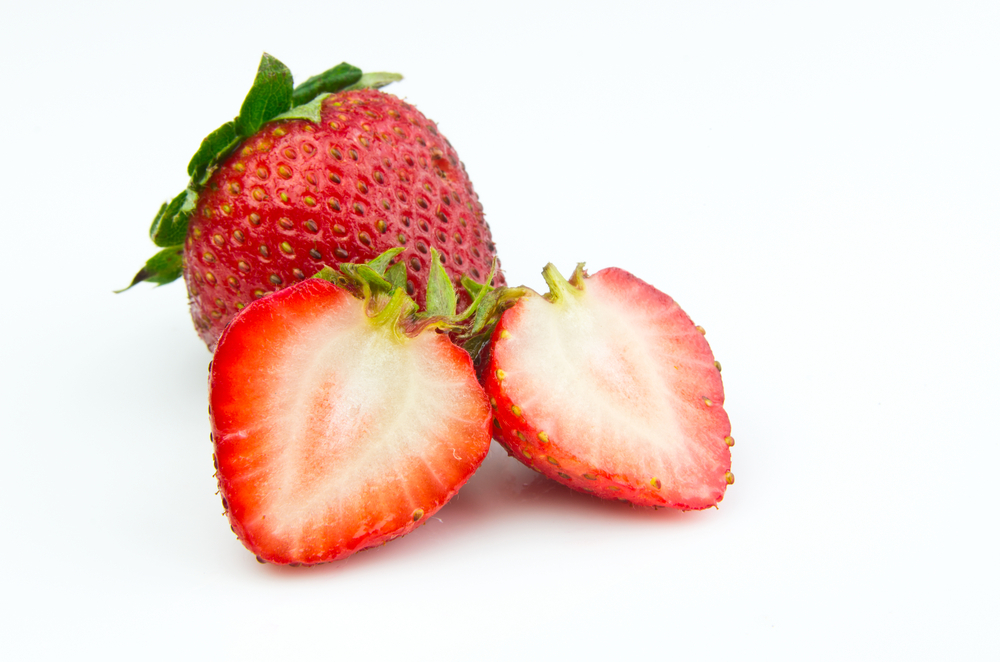
A cup of this superfruit contains 84.7 mg of vitamin C, as well as healthy doses of folate and other heart-healthy compounds. Another surprising advantage of strawberries? They may be able to naturally whiten your teeth.
Cauliflower
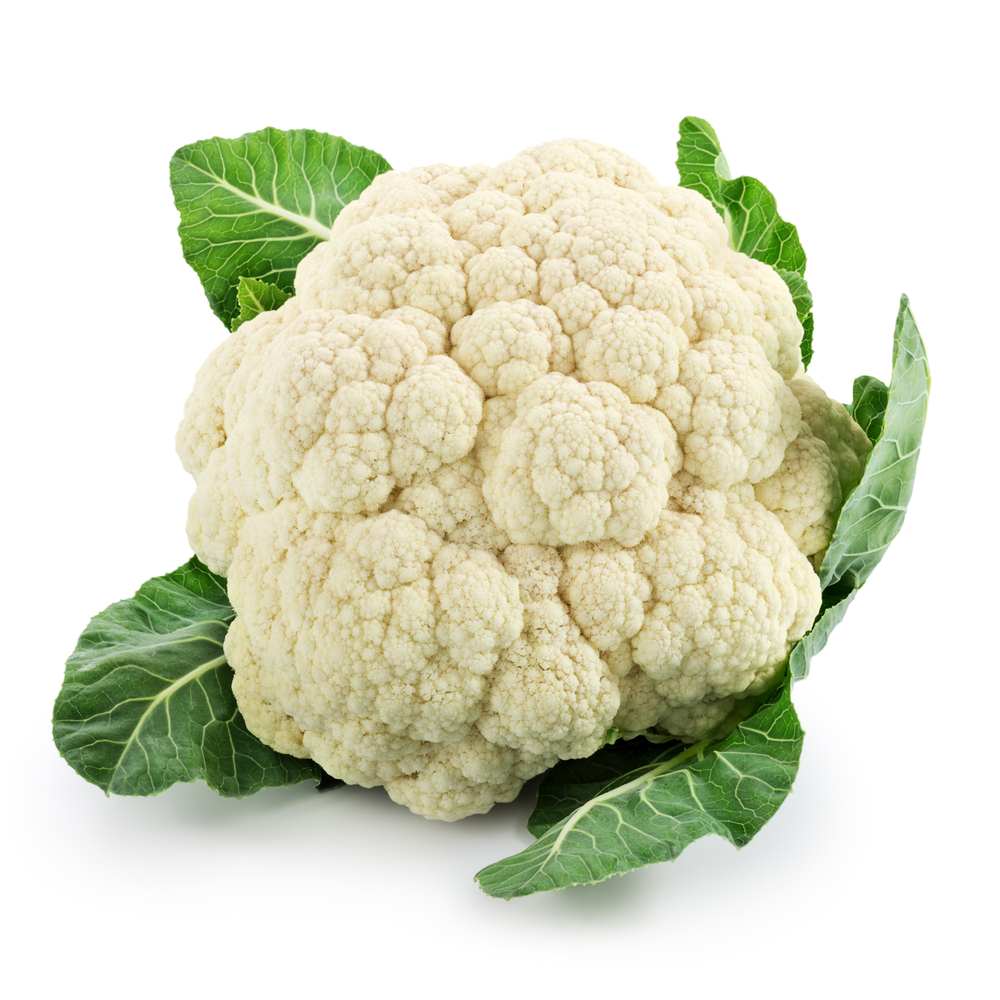
A small head of cauliflower contains 127.7 mg of vitamin C, as well as 5 grams of fibre and 5 grams of protein, whether roasted, steamed, or mashed.
Brussel sprouts

These are a type of vegetable that grows in Europe.
These tiny cabbages are high in cancer-fighting phytonutrients and fibre, as well as 74.8 mg of vitamin C. If you’re put off by their bitter taste, roast them to bring out their natural sweetness.
Pineapple
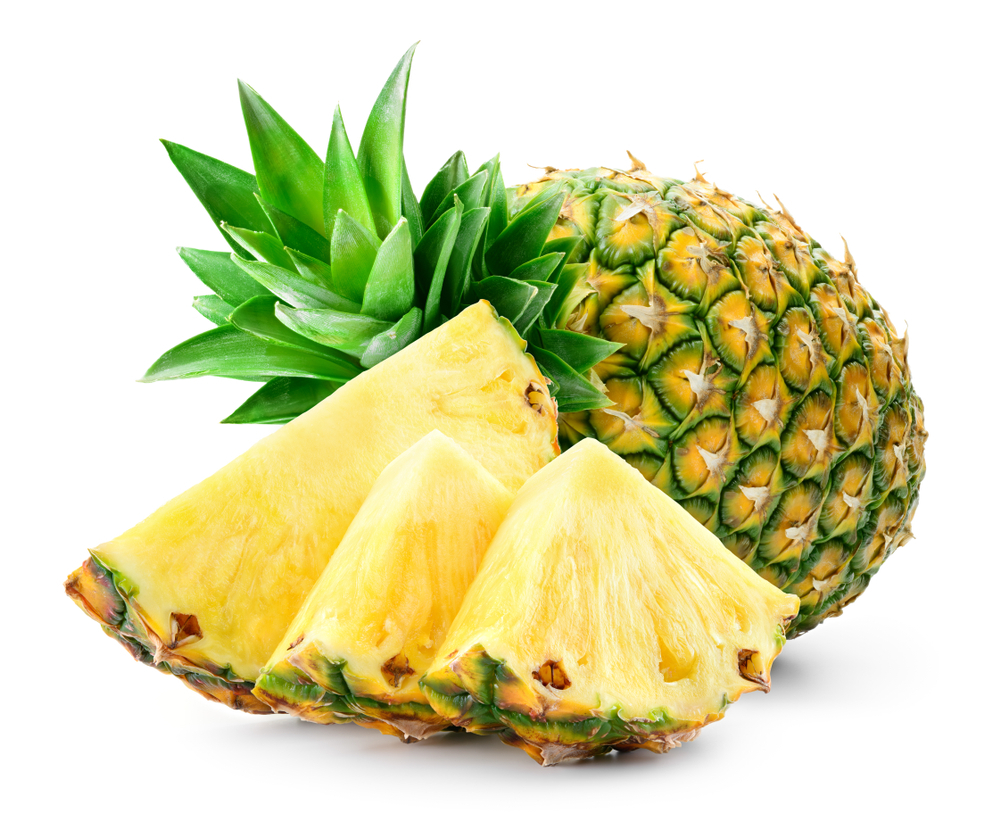
Pineapple contains bromelain, a digestive enzyme that helps break down food and reduces bloating, in addition to 78.9 mg of vitamin C. Bromelain is also a natural anti-inflammatory, which can aid in your recovery after a strenuous workout.
Kiwi

One kiwi (about two fruits) contains 137.2 mg of vitamin C. Potassium and copper are also abundant in the fuzzy fruit.
Mangoes

Taste the tropics for a vitamin C boost of 122.3 mg. Mango is also high in vitamin A, which, like vitamin C, helps with immunity and also keeps your eyes healthy.
Also Read : 5 Most Amazing Benefits Of Eating Curd Daily – V Cure (vcurehealthcare.com)





